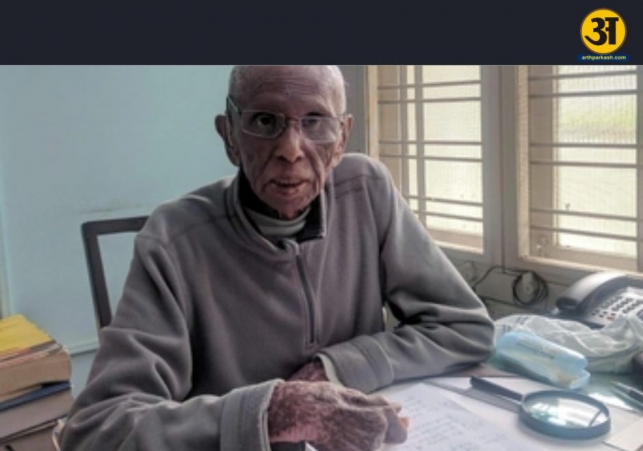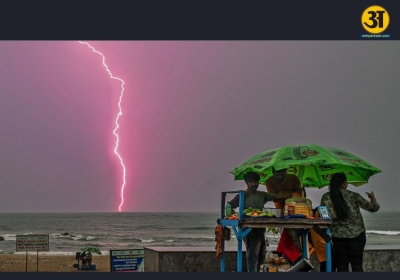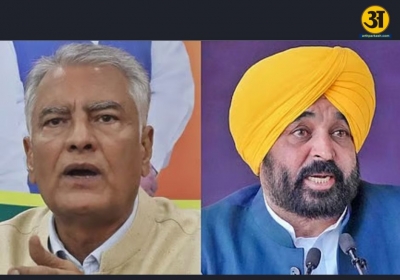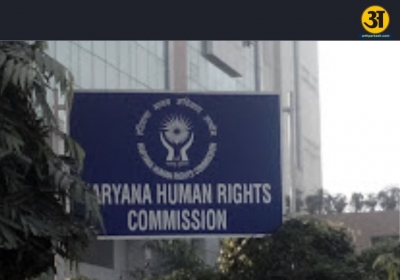
Justice KS Puttaswamy dies at 98, remembered for Privacy Case
Justice KS Puttaswamy, champion of Right to Privacy, passes away at 98
Justice KS Puttaswamy, a key figure in the right to privacy case and a former judge of the Karnataka High Court, passed away at the age of 98. He died on Monday, seven years after the Supreme Court declared privacy a fundamental right in India. Justice Puttaswamy was born in February 1926 in Kolar, Karnataka. He started his career as an advocate in 1952 and became a judge in 1977, serving until his retirement in 1986. After retiring, he became the first vice chairperson of the Central Administrative Tribunal in Bengaluru and also led the Backward Classes Commission of Andhra Pradesh.
The Right to Privacy Case
Justice Puttaswamy filed a petition in 2012 against the Aadhaar scheme introduced by the Congress-led UPA government. In 2015, while considering his petition, the Supreme Court decided to address a broader issue: whether citizens have a fundamental right to privacy under the Indian Constitution. At that time, the BJP-led NDA government argued that privacy was not a fundamental right.
ALSO READ: Delhi BJP leader Virendra Sachdeva hospitalized after taking Ddp in ‘Polluted’ Yamuna
ALSO READ: Mamata Banerjee warns of 'Riots Plot' ahead of Diwali, calls for caution
On August 24, 2017, a nine-judge Constitution bench, led by Chief Justice JS Khehar, upheld the Aadhaar scheme but unanimously recognized privacy as a fundamental right. This landmark decision was a significant victory for Justice Puttaswamy, who later described the ruling as “correct and beneficial.” He expressed his expectations for a fair judgment, noting that the attorney general initially argued against privacy being a fundamental right but later acknowledged its importance.
Justice Puttaswamy’s contributions have had a lasting impact on Indian law and civil rights. His efforts helped shape the understanding of privacy as a vital right for citizens, marking a crucial moment in India's legal history.





